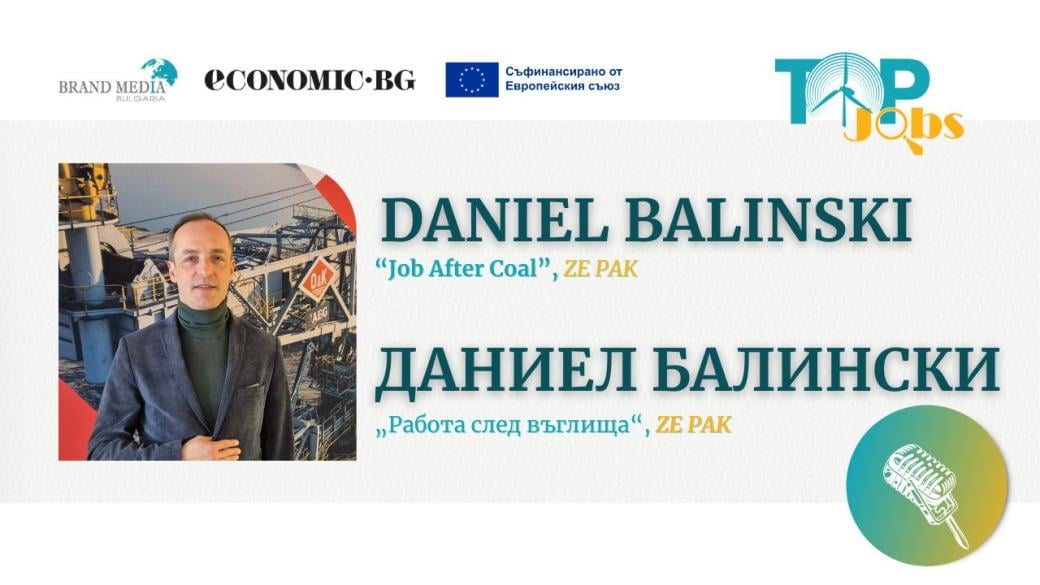Podcast | Jobs after coal? There can be when people embrace social entrepreneurship
This is the lesson from what might be the most pioneering of JTF projects in Poland

© ECONOMIC.BG / Economic.bg
More than 10% of the value of the Just Transition Fund for the region of Eastern Greater Poland (Wielkopolska Voivodeship) has been set aside to a single, large-scale project called “Job After Coal”. This amounts to 257 million zloty (or about 61.5 million euros, 2023-2029), which makes this project kind of unique in what might be the most coal-loving country in the European Union – Poland.
Led by the energy company ZE PAK, the project is entirely supported by public funds, with no contribution from the partners, which sets it apart from similar initiatives supported by EU funds.
We paid a visit to the Polish city of Konin, which is the epicenter of lignite coal mining in the country, to find out how even in a society, which sees coal as lifeblood change is possible. Intense and multi-faceted support from all stakeholders involved, however, is vital.
We got to hear what the secret ingredient to the recipe of Polish transition would be – cooperation between authorities, energy company and trade unions. We shouldn’t be surprised about that last element. After all, this was the country where possibly the most famous trade union in the history of the world, Solidarity, changed the course of history behind the Iron Curtain.
Cooperation and understanding between workers are strong features in the local work culture. There was solidarity between the port workers of Gdansk in the 1980s and now there’s still strong solidarity between the miners and power plant employees of Konin in the 2020s. This serves as the basis for something that may make Polish economic transformation something else entirely – something underscored by social enterprises.
To get a better understanding on the budding social economy of the Konin region, we sat down for a chat with Daniel Balinski, coordinator of the “Job After Coal” programme at ZE PAK. Hear it on our latest TOP JOBS podcast episode.
Co-Funded by the European Union. Views and opinions expressed are however those of the author(s) only and do not necessarily reflect those of the European Union. The European Union cannot be held responsible for them.


 Tzvetozar Vincent Iolov
Tzvetozar Vincent Iolov